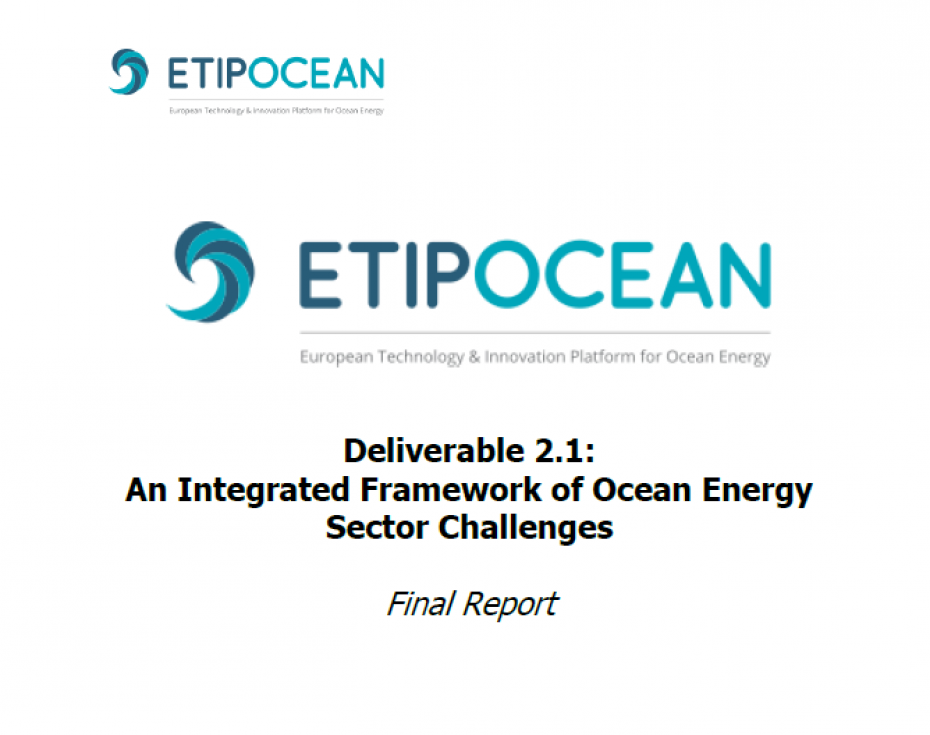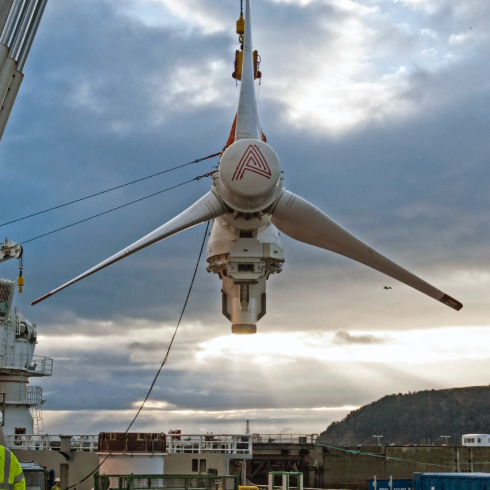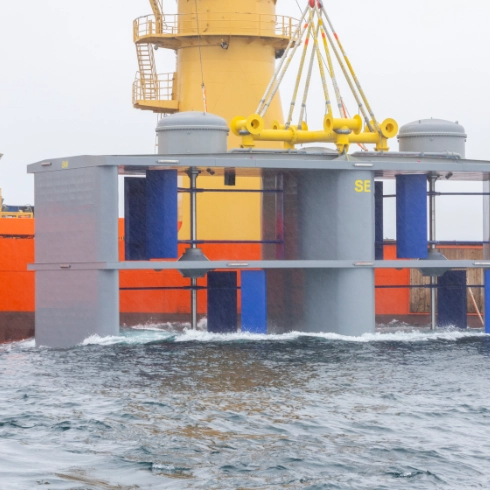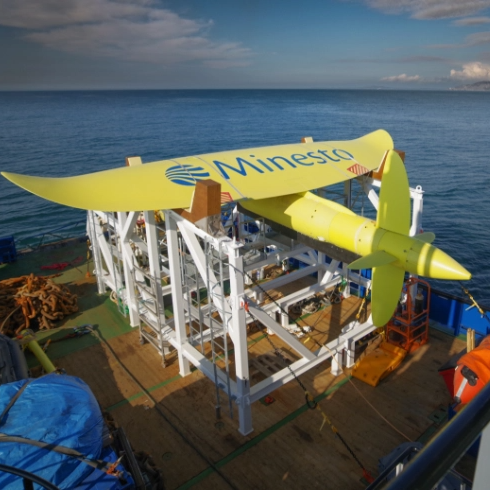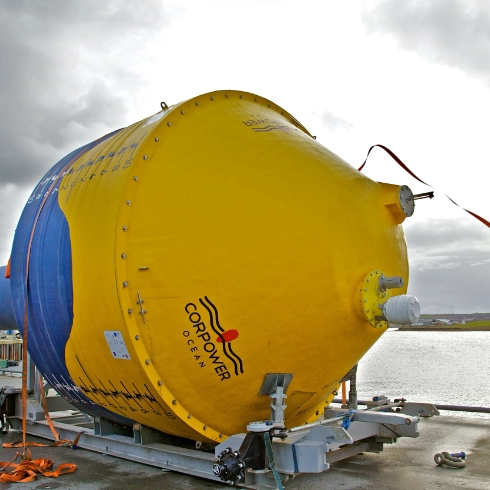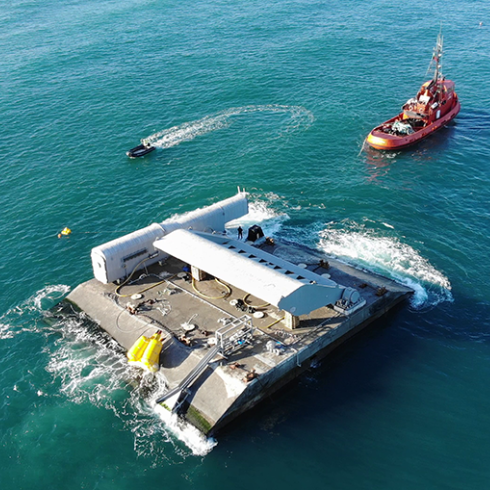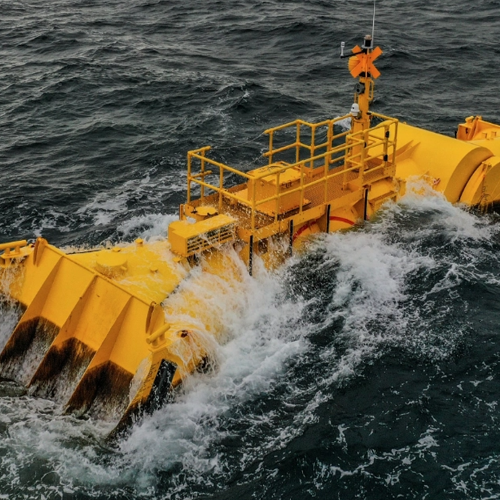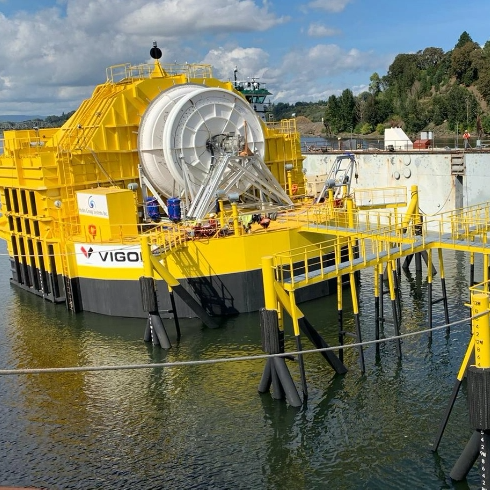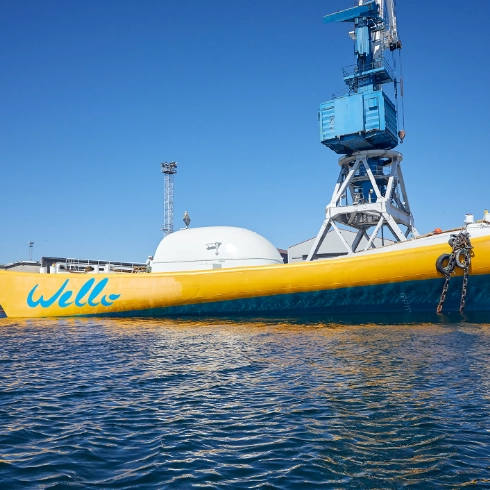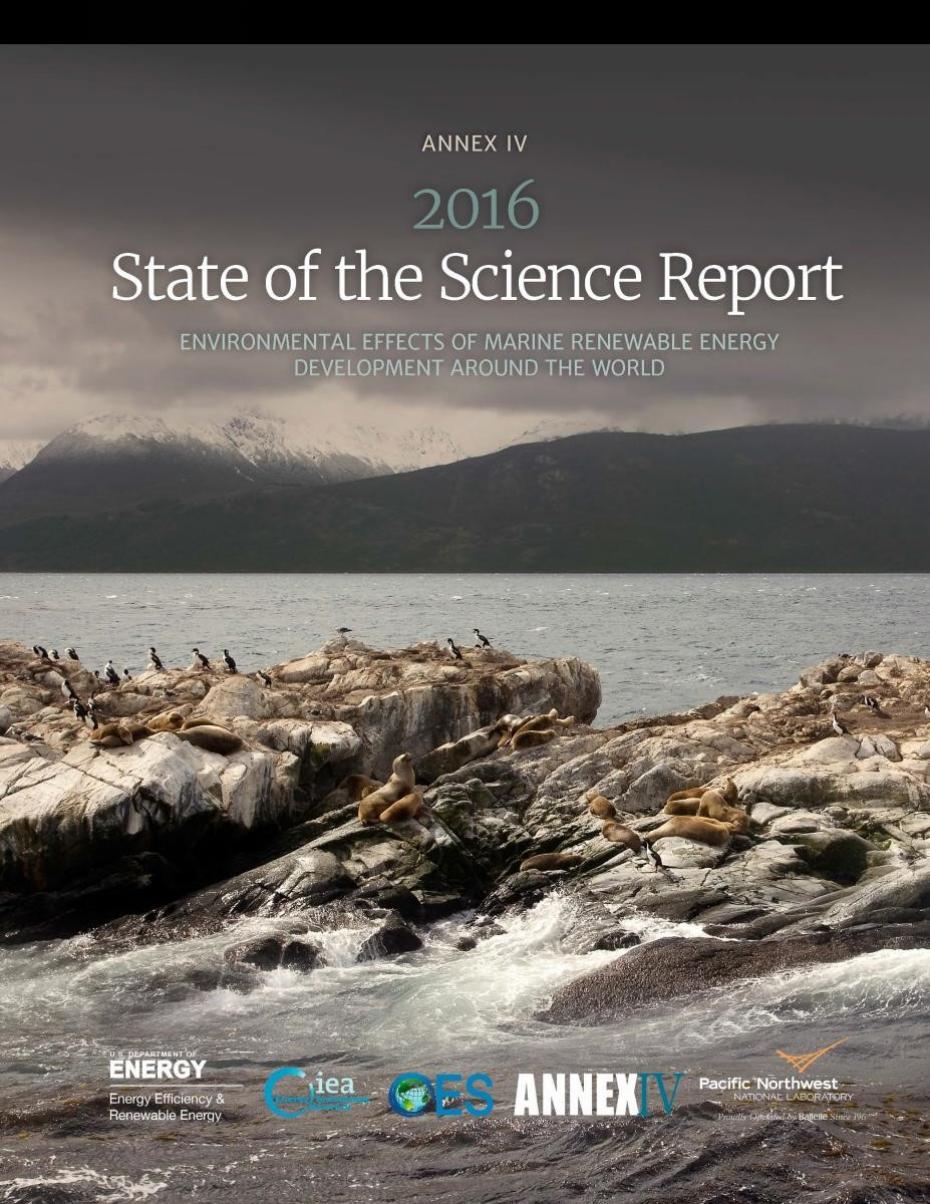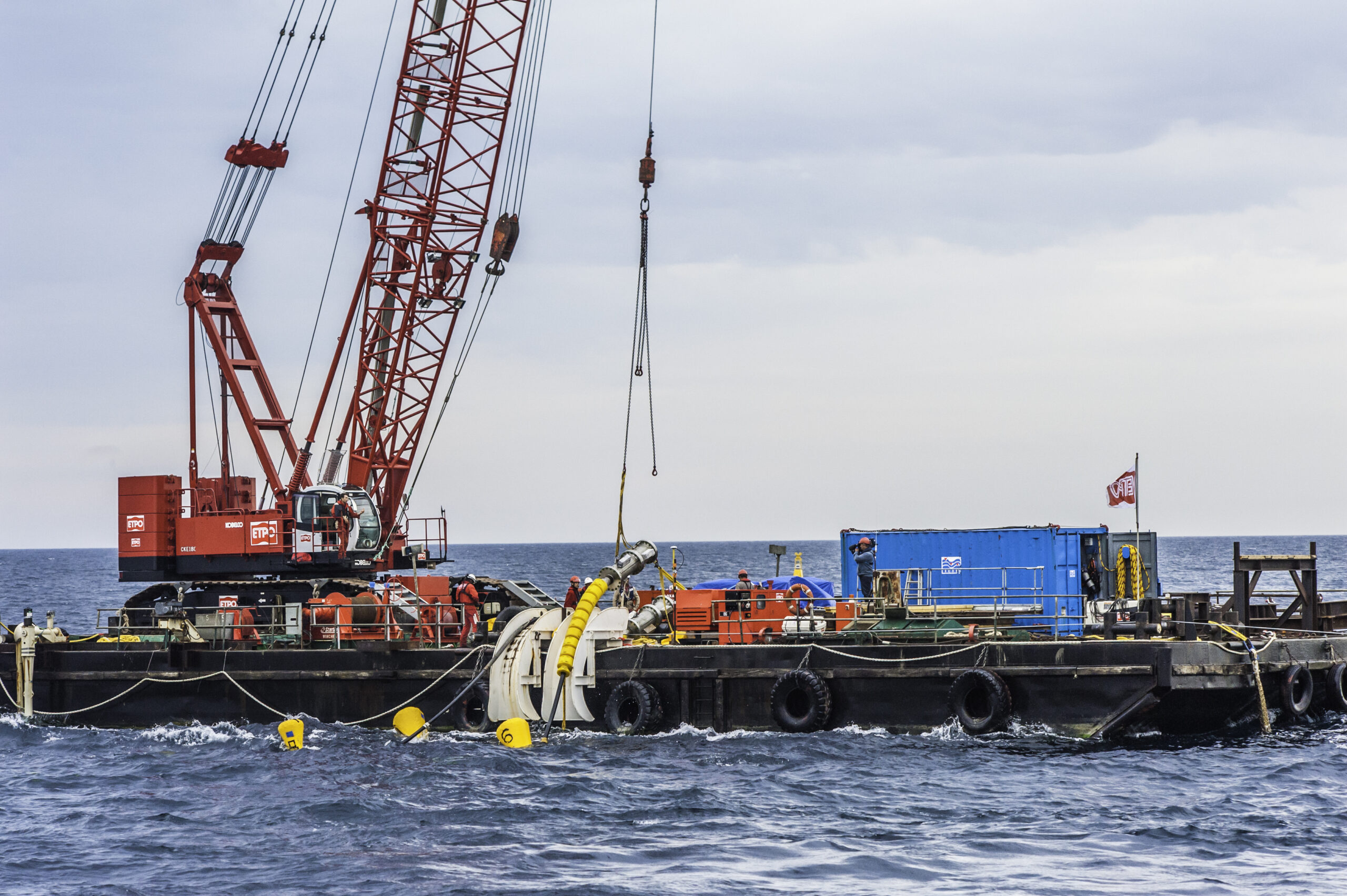
OES-Environmental 2020 State of the Science Report
The OES-Environmental has published the new 2020 State of the Science Report that presents the latest research on the environmental impacts of ocean energy. The report explores the main concerns related to ocean energy deployment, looks at monitoring technologies and makes management and planning recommendations for a more efficient deployment.
The report reaffirms earlier findings of ocean energy’s low environmental impacts. Continuing monitoring programmes show that the marine wildlife is not hugely affected by wave and tidal stream devices. Moreover, positive effects from artificial reefs and marine protected areas have been detected.
The most cited concern of collision risk has been widely investigated. To date, there have been no observations of a marine mammal or seabird ever colliding with an ocean energy device. Fish are naturally attracted by structures in the water but have not been harmed by ocean energy devices, according to the report.
The report also suggests retiring the risks of underwater noise and electromagnetic fields from small numbers of devices, as the impacts are so low – this means reducing the monitoring requirements for these impacts and using reference data from existing projects to inform consenting processes.
Finally, the report recommends Adaptive Management approaches that facilitate deployment by reducing uncertainty through periodic reviews. This is especially important as the sector grows, and the impacts of commercial farms need to be better understood.
This is an extract, full report available as PDF download
Download full report

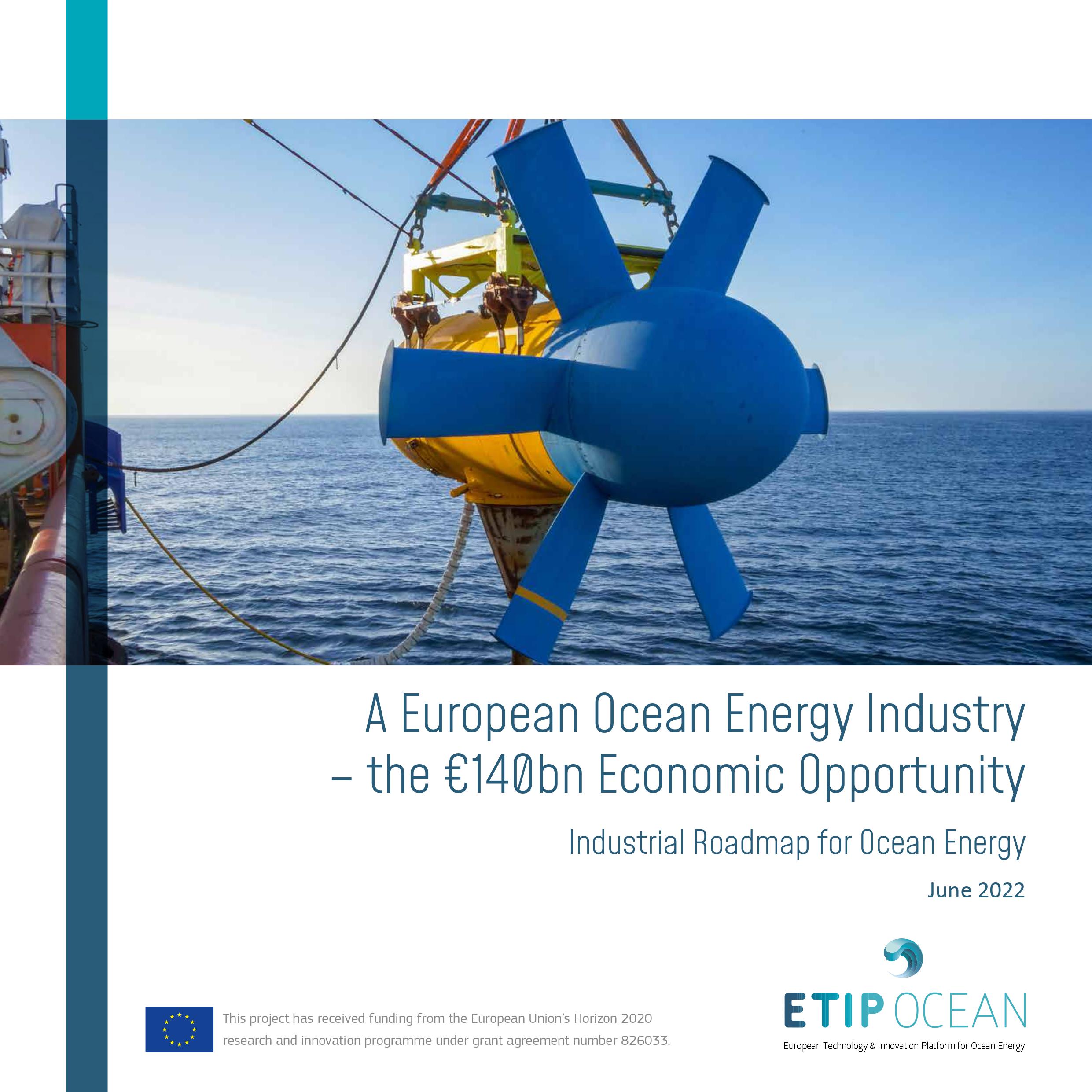
Industrial Roadmap for Ocean Energy 01 Jul 2022

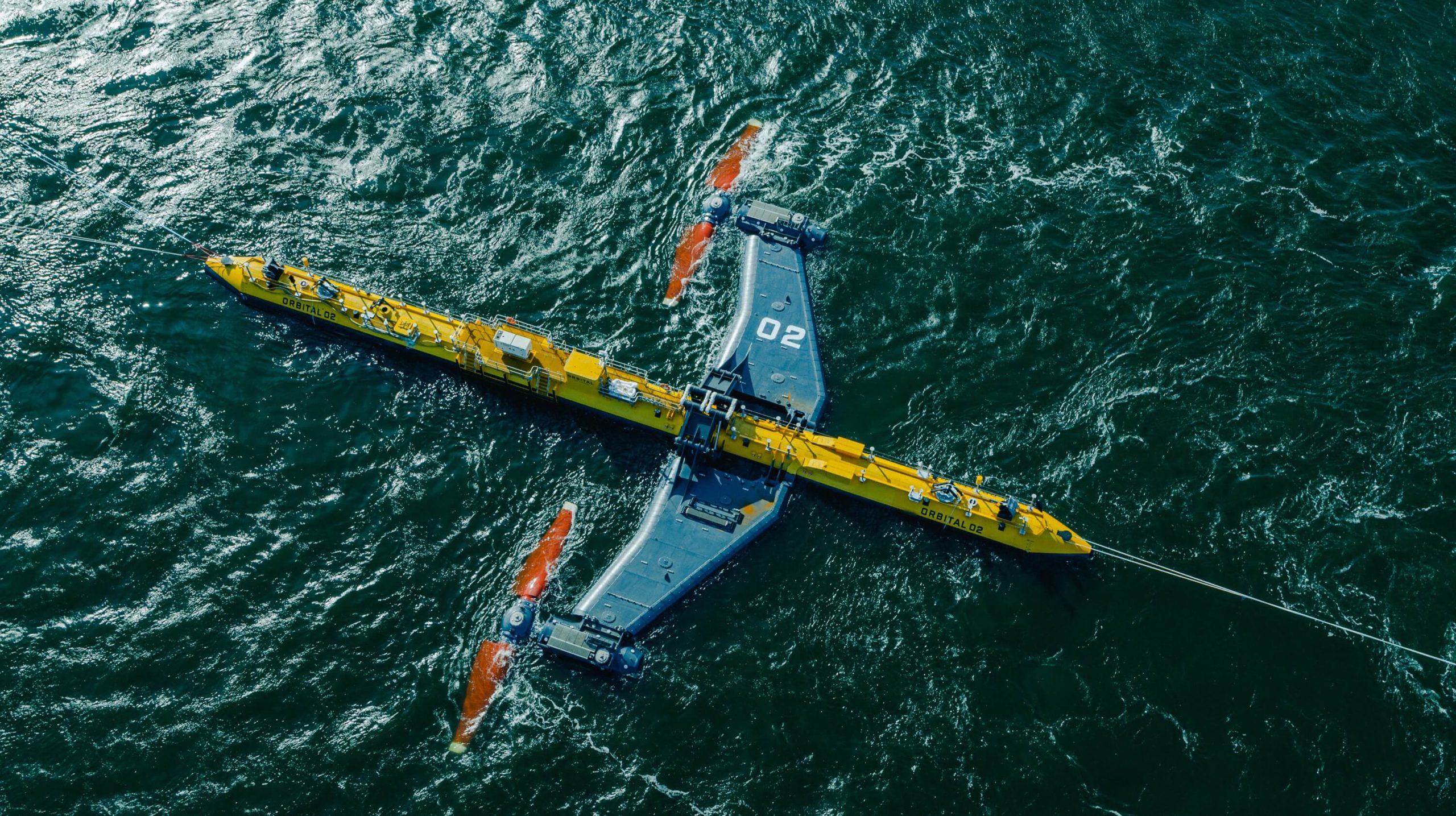
ETIP Ocean engagement with the SET Plan actions 01 Jan 2022
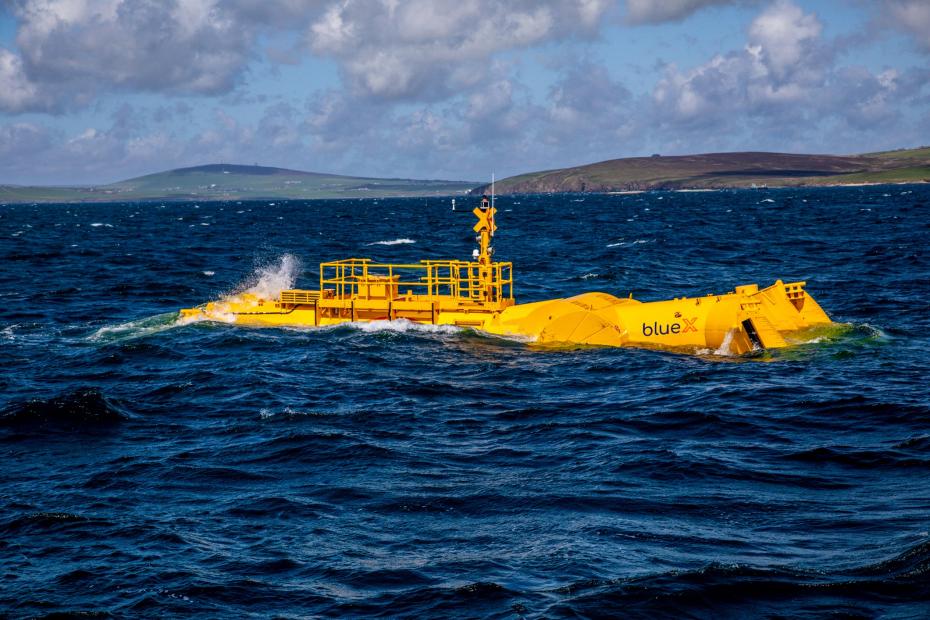
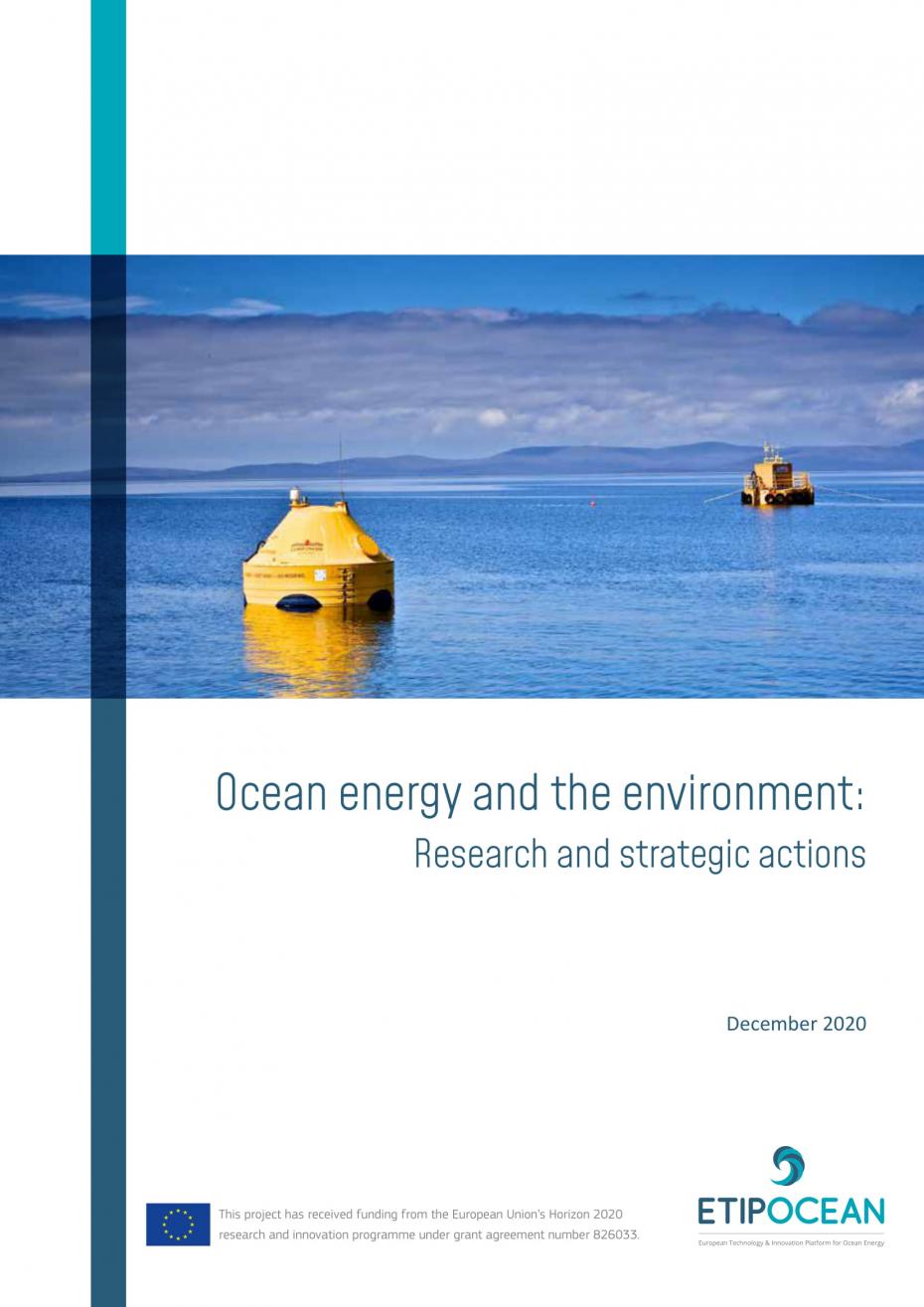
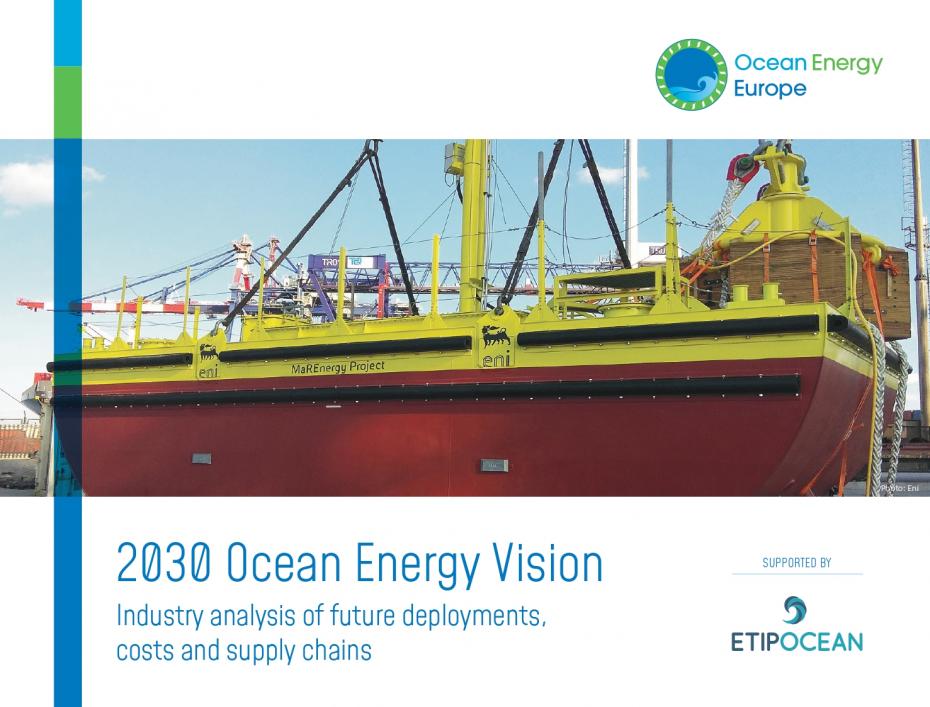
2030 Ocean Energy Vision 13 Oct 2020
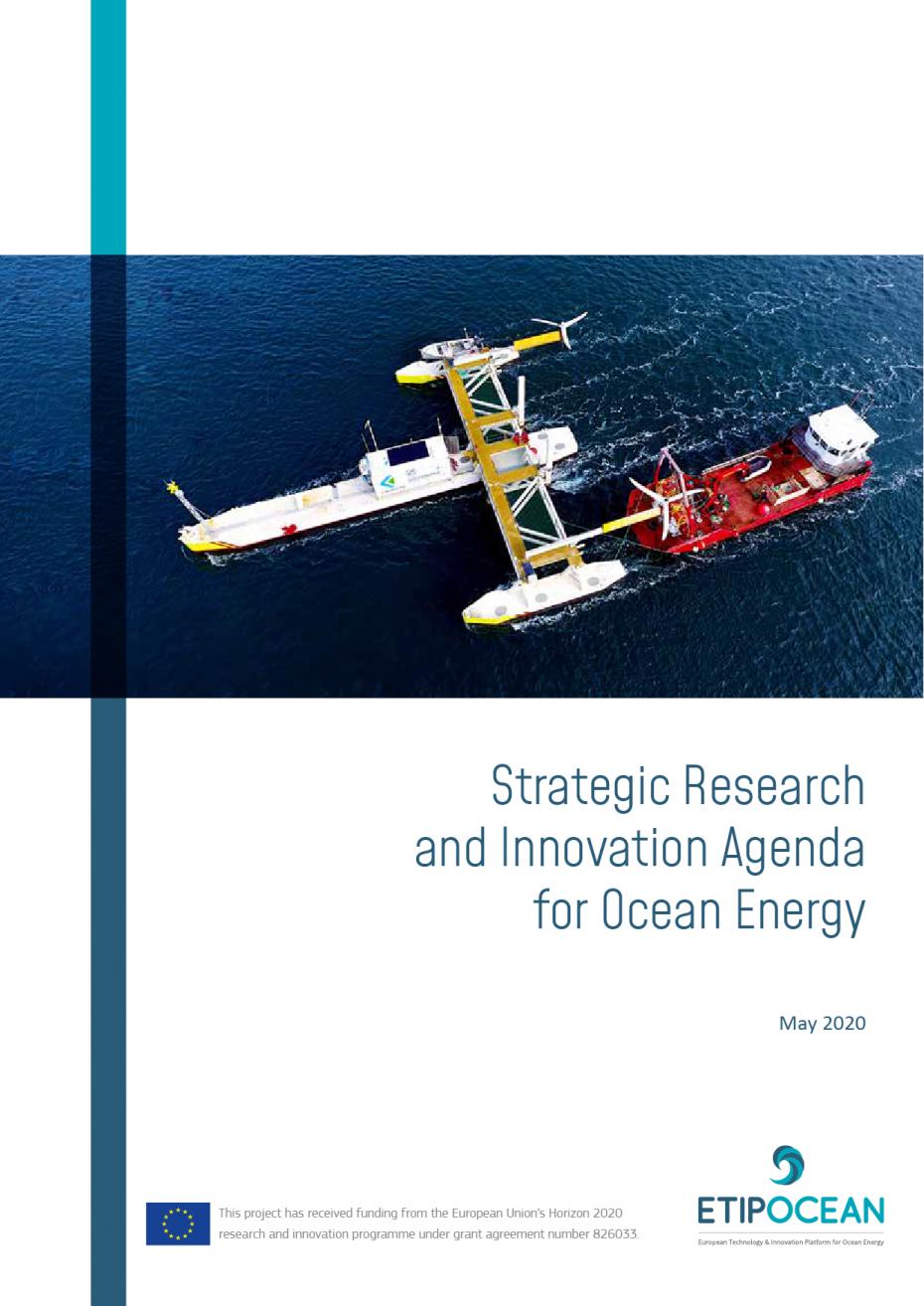
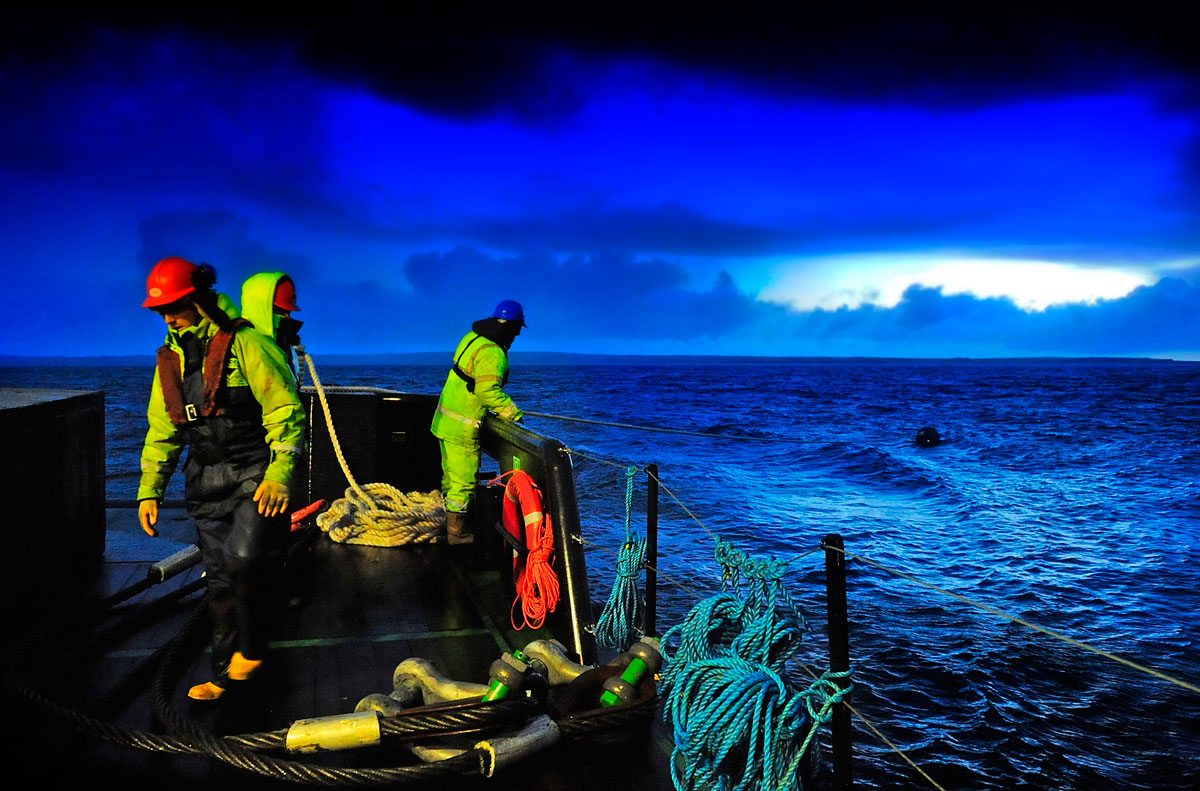

New ETIP Ocean report: EU and national policies play a key role in ocean energy development 19 Dec 2019
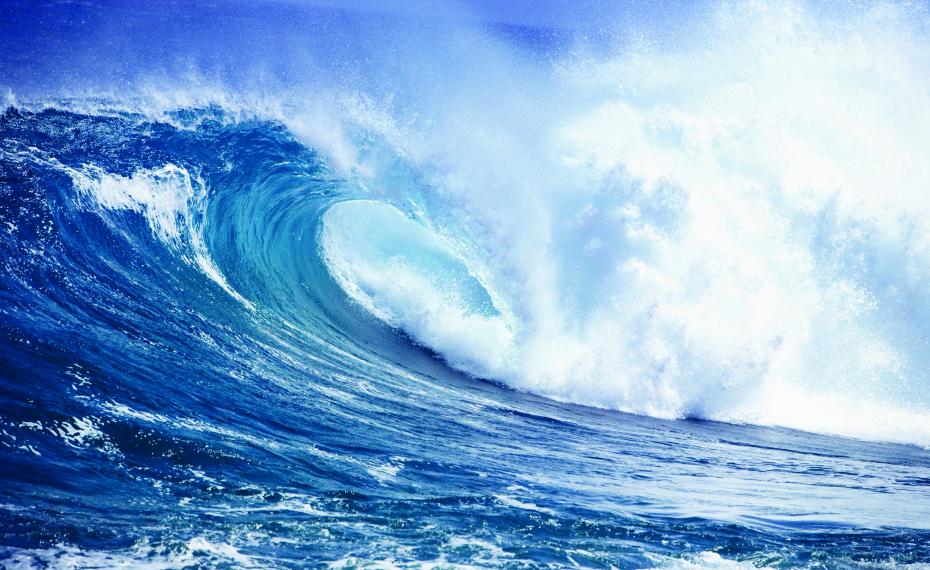
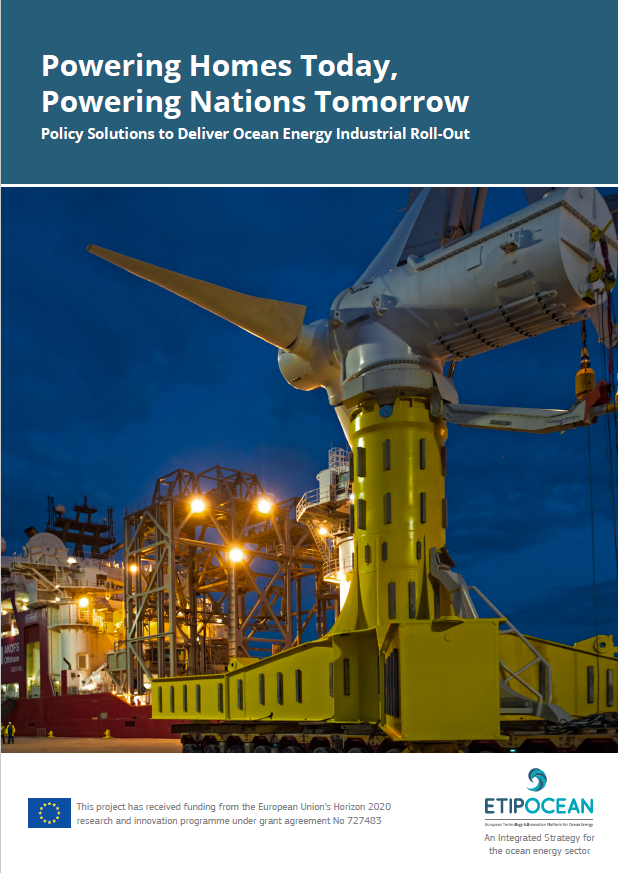
Powering Homes Today, Powering Nations Tomorrow 10 Apr 2019
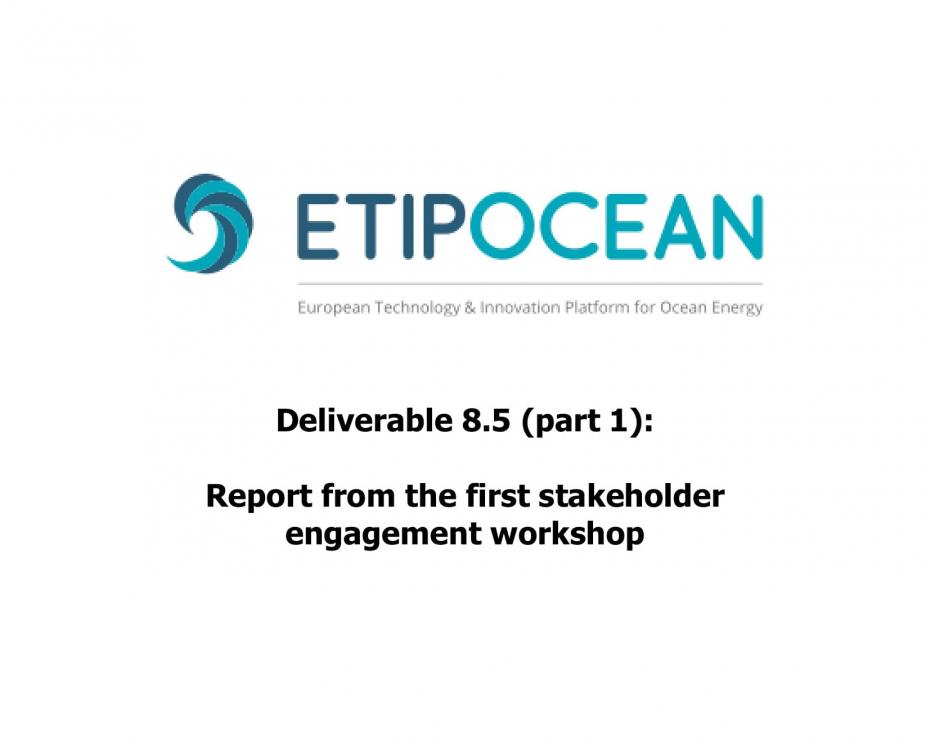
Report from the first workshop 30 Nov 2018

EU-funded ocean energy projects: complete description and links to H2020 and FP7 projects 28 Mar 2017
